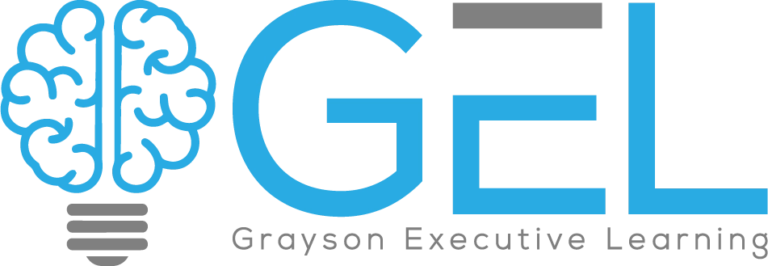Frequently Asked Questions
Executive Function is the set of self-regulatory skills that help individuals achieve goals. In the context of academics, achieving a goal may equate to the completion of a homework assignment or class project. The ability to meet goals is largely contingent upon an individual’s ability to effectively regulate their emotions and focus on the task at hand, successfully organize and plan ahead, as well as reflect on the progress made towards completing a desired outcome. We use the real-life work assigned by teachers and professors as the vehicle by which we help our students develop and strengthen their executive function. Students are naturally inclined to take on greater and greater challenges as they improve their self-regulatory skills and their confidence grows.
GEL coaches undergo rigorous training and regular ongoing supervision in our research-based intervention to ensure coaches provide our students with the highest quality academic coaching for students with ADHD. Every coach in our practice holds, at a minimum, a master’s degree or higher (Ed.D. or Ph.D.) in education or a related field. GEL coaches also have at least 8 years of experience working directly with students and are passionate about reaching young people with learning differences. It is from our talented pool of educational professionals that our CEO and nationally recognized academic and ADHD expert, Eran Grayson, personally trains on the GEL Approach.
Yes. Our services provide all high school and college students with the know-how, structure, and accountability to successfully manage deadlines. In reality, many students, not only those with ADHD, lack effective task management and study skills. Our academic coaching produces impressive results for both neurodivergent and neurotypical student populations. Unfortunately, most schools simply do not adequately address advanced study skills and deadline management and students are thus left to fend for themselves.
It depends. While many of our students begin to see significant academic improvements in a relatively short period of time, success in the grade book does not necessarily mean that a student has internalized what they did to achieve their newfound success. Our service is built on the premise that lasting and sustainable academic improvement is achieved through behavior change. We recommend that students new to the practice engage in academic coaching for at least one semester (or 16 weeks). We have found that this is the minimum length of time typically required to experience behavior change.
GEL offers two coaching packages:
8-Week Midterm Coaching Package which includes 16 sessions + 1 team meeting for $2950.
16-week Semester Coaching Package which includes 32 sessions + 2 team meetings for $5330.
GEL understands that the best results come from working with specialists. We know our population and their needs incredibly well. Therefore, GEL coaches are educational professionals that specialize in working with high school and college students. We do not currently serve any other population.
Our services are conveniently offered remotely in the comfort of students’ homes or wherever they happen to be. We simply ask that sessions take place in a quiet environment that is free from distractions.
Sessions take place twice a week on either a Monday & Wednesday OR Tuesday & Thursday schedule. Coaches meet with their students at the same time on both days.
While GEL does not work directly with insurance companies or provide codes regarding diagnosis or services, some of our clients have used their Flexible Spending Account/Health Savings Account (FSA/HSA) benefits to help pay for coaching services. We encourage clients to contact their FSA/HSA provider to see if our services qualify as an approved use of those funds.


